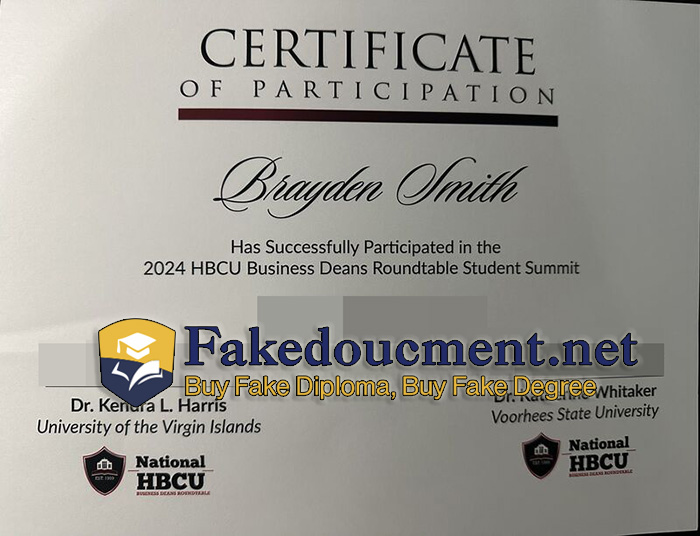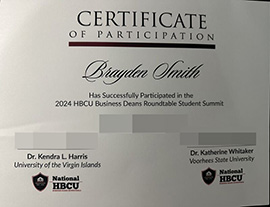
Where to order a realistic National HBCU certificate online? Why people would like to buy a realistic National HBCU certificate online? The best way to buy a realistic National HBCU certificate online?
HBCUs, or Historically Black Colleges and Universities, are institutions of higher education established before the Civil Rights Act of 1964 with the primary aim of serving the African American community. They play an essential role in providing academic opportunities, fostering cultural pride, and promoting social and economic development.
There are over 100 HBCUs in the United States, including well-known institutions such as:
– **Howard University**
– **Spelman College**
– **Morehouse College**
– **Texas Southern University**
– **Florida A&M University**
National HBCU Week is celebrated annually to recognize and promote the importance of these institutions. Initiatives often focus on increasing awareness, fostering partnerships, and securing funding for programs that benefit HBCUs and their students.
If you need more specific information about HBCUs, their history, or particular institutions, feel free to ask!
Historically black colleges and universities (HBCUs) are institutions of higher education in the United States that were established before the Civil Rights Act of 1964 with the intention of primarily serving African Americans. Most of these institutions were founded during the Reconstruction era after the Civil War and are concentrated in the Southern United States.
They were primarily founded by Protestant religious groups, until the Second Morill Act of 1890 required educationally segregated states (all in the South) to provide African American, public higher-education schools (i.e. state funded schools) in order to receive the Act’s benefits (19, generally larger institutions, fall under this Act).
During the period of racial segregation in the United States, the majority of American institutions of higher education served predominantly white students, and disqualified or limited black American enrollment. Later on some universities, either after expanding their inclusion of black people and African Americans into their institutions or gaining the status of minority-serving institution, became predominantly black institutions (PBIs).
For a century after the abolition of American slavery in 1865, almost all colleges and universities in the Southern United States prohibited all African Americans from attending as required by Jim Crow laws in the South, while institutions in other parts of the country regularly employed quotas to limit admissions of black people.
HBCUs were established to provide more opportunities to African Americans and are largely responsible for establishing and expanding the African-American middle class. In the 1950s and 1960s, enforced racial segregation in education was generally outlawed across the United States.
There are 101 HBCUs in the United States (of 121 institutions that existed during the 1930s), representing three percent of the nation’s colleges, including public and private institutions. Twenty-seven offer doctoral programs, 52 offer master’s programs, 83 offer bachelor’s degree programs, and 38 offer associate degrees.
HBCUs currently produce nearly 20% of all African American college graduates and 25% of African American STEM graduates. Among the graduates of HBCUs are civil rights leader Martin Luther King Jr., United States Supreme Court Justice Thurgood Marshall, and United States Vice President Kamala Harris.






